Description
Full quote: “Daughters of Jerusalem is an important book for anyone seeking to understand the roots of contemporary animosity between Israelis and Palestinians. Gerstman tells the heartbreaking and mystical stories of three generations of the Hazan family in early twentieth century Palestine, as traumatized diaspora Jews, reeling from pogroms and concentration camps, are emigrating en masse to their ancestral homeland. This migration worries local Arabs, who respond with increasing violence, which Jewish militias rise to meet – a conflict that British Imperial police are powerless to contain. The novel is told from a distinctive Sephardic Jewish cultural perspective, with rich texture that gives us a taste of Jerusalem under the Ottoman Turks, and then under the British. Gerstman’s daring suggestion is that not too long ago, Jews and Arabs coexisted in relative and quite intimate peace, sharing food, shelter, and the milk of human kindness. Perhaps they might again.” –Richard B. Simon, author of Teaching Big History
Inspired by Galya Gerstman’s grandmother’s stories and written in a warm folktale style, Daughters of Jerusalem is a timely novel, rich with the history of Jerusalem and the various powers that conquered it over the centuries. Galya shines a humanizing light on the multicultural history of Jerusalem and Palestine in the first half of the 20th century to the birth of Israel. https://blogs.timesofisrael.com/is-this-the-same-israel-my-grandmother-knew/

Galya Gerstman, author of Texting Olivia (Pleasure Boat Studio, 2021), taught French Literature at Tel Aviv University before relocating to Costa Rica to raise a family. She possesses a PhD in French Literature from Columbia University and a BA in Creative Writing from Barnard College. Galya, originally from New Jersey, is fluent in Hebrew and visits Tel Aviv annually, where her mother and brother still live.
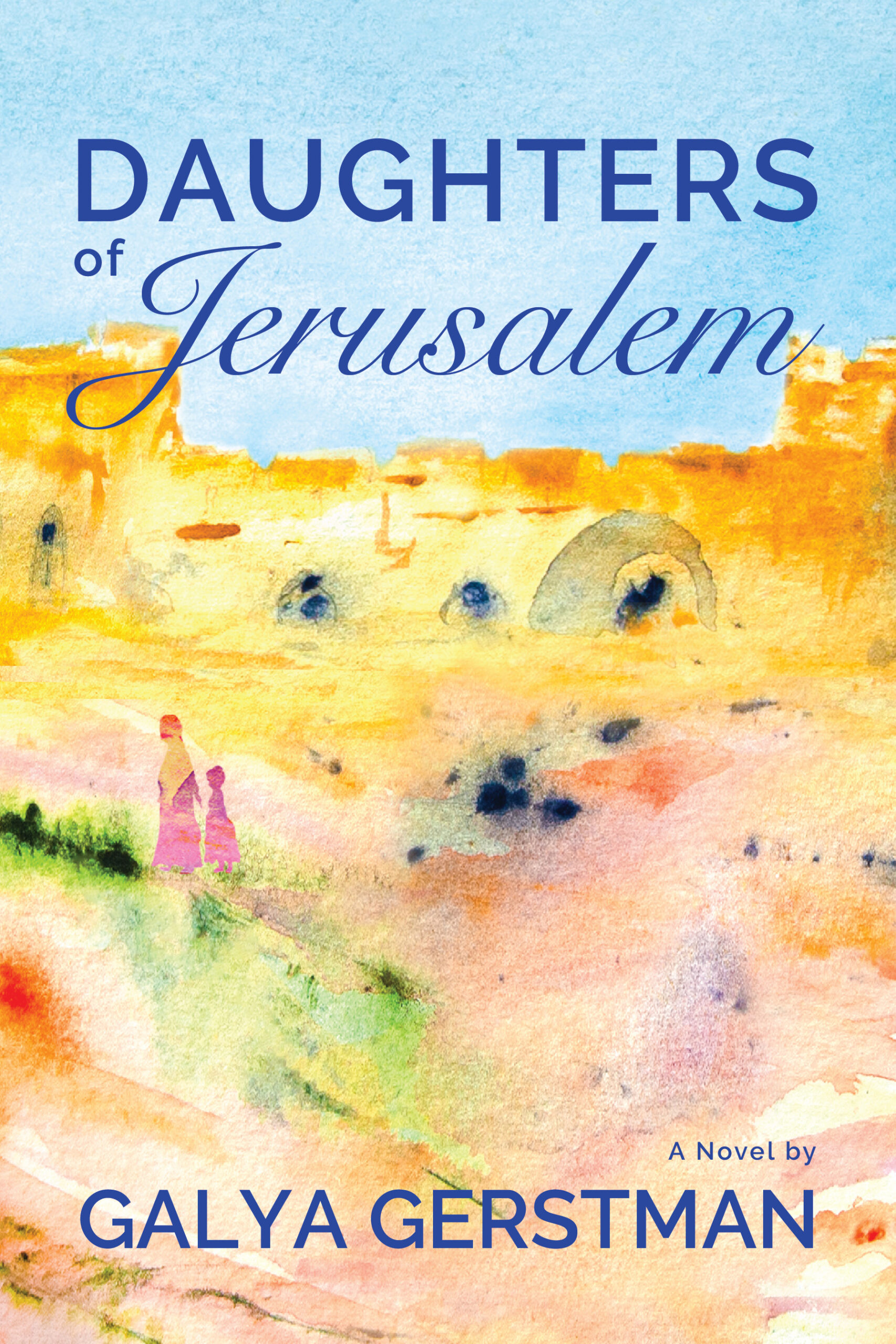
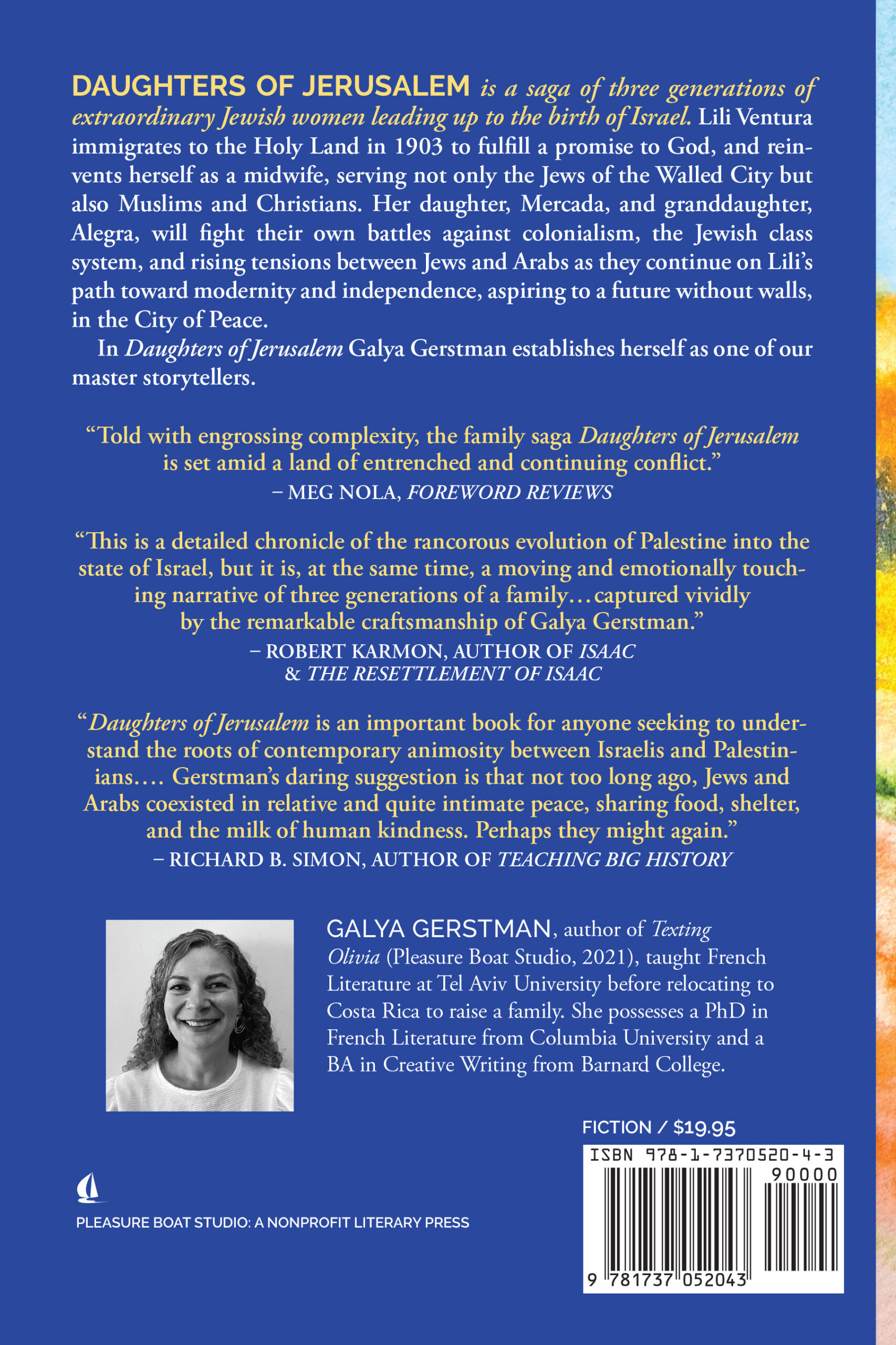

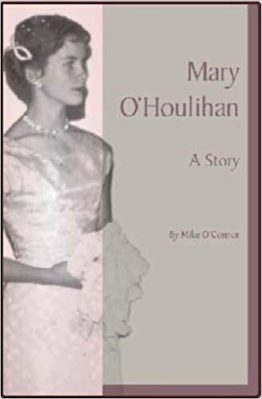

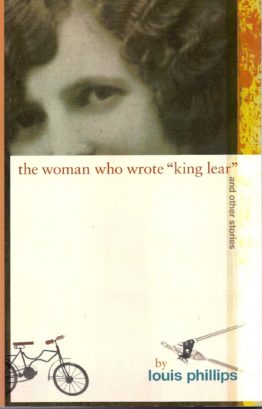
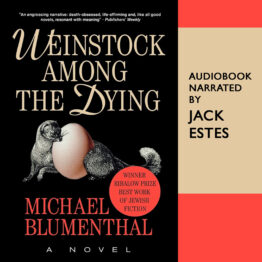
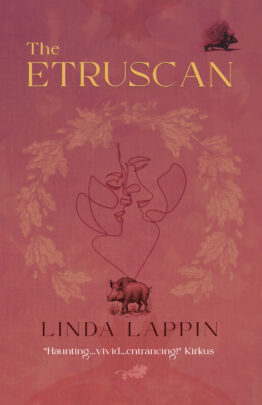

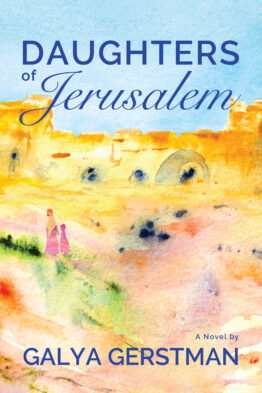
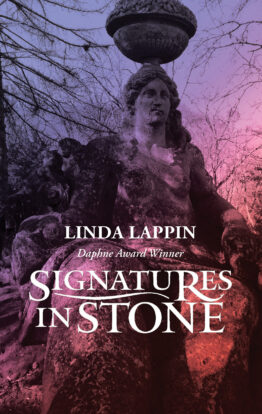
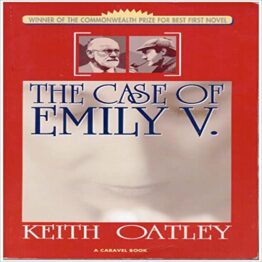
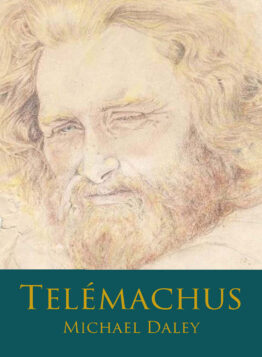
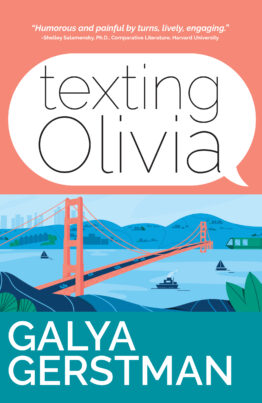


Sarah Bardin –
I really love the book so much!… I went to Israel, including Jerusalem, in August and was really thinking about so much of the story and history in your book. Couldn’t have loved it more!
Darryl Ponicsán, bestselling author of The Last Detail and Last Flag Flying –
“A heart-rending tale of women and girls bearing the burdens of crushing poverty, intolerance, tribalism, and colonialism in the Holy Land, where otherwise good and decent people answer the many contradictory voices of God in brutal and destructive ways, where simple existence can be seen as victory. Galya Gerstman peoples real history with fictitious characters that will have you holding your breath.”
Robert Karmon, author of Isaac and The Resettlement of Isaac –
This is a detailed chronicle of the rancorous evolution of Palestine into the state of Israel, but it is, at the same time, a moving and emotionally touching narrative of three generations of a family taking from the Great-Grandmother, Lili Ventura through her one daughter Mercada, and dramatically ending with Mercada’s surviving children, Alegra, Joseph and Amos. It takes us through their struggles against years of privation and disease, political conflict and imprisonment to survival and deliverance as Israel becomes the independent state of Israel.
The tribulation of this one family is both staggering, but, at the same, unforgettable. We are thrust into the very marrow of their lives, experiencing with them their joys and sorrows, their loves and tragic losses, captured vividly by the remarkable craftsmanship of Galya Gerstman.
MEG NOLA (January / February 2024), Foreword Reviews –
Galya Gerstman’s novel Daughters of Jerusalem follows three generations of Jewish women in early twentiethcentury
Palestine.
In 1900 in Serbia, Lili and her husband, Joseph, struggle to have a child; Lili lost seventeen babies soon after giving birth. When she becomes pregnant again, Lili consults both a professor of medicine and the local Kabbalah wise mothers. Meanwhile, Joseph prays at the synagogue and promises God that if the next baby survives, he will move his family to Palestine.
Three years later, Lili, Joseph, and their daughter, Mercada, make the arduous journey to the Middle East. In Jerusalem, they find a multicultural, bustling, and revered walled city. There, Lili begins to work as a midwife, aiding fellow Jews and her Muslim and Christian neighbors.
When Lili and Joseph die from cholera, their daughter is orphaned. Though Mercada is intelligent, she has limited options. She marries and raises a family amid intense poverty due to her husband’s poor business skills. Still, Mercada later manages to become a legal intermediary, using her sharp mind and verbal skills to assist others in her
community.
As the century progresses, Jerusalem experiences increasingly violent conflicts between Jews and Arabs. Mercada’s daughter, Alegra, joins a Zionist defense group known as the Haganah, advancing from guard duty to more perilous missions.
The book’s rich historical backdrop spans from Palestine’s Ottoman rule through World War I and the British Mandate. It also covers the 1948 declaration of the State of Israel. Peopled with a diverse range of characters, it captures the teeming thrum of Jerusalem, along with the cultural contrasts between Sephardic, Ashkenazi, and Mizrahi Jews. At the novel’s core are Lili, Mercada, and Alegra, resourceful and enduring women who share a tenacity of spirit.
Told with engrossing complexity, the family saga Daughters of Jerusalem is set amid a land of entrenched and continuing conflict.